Good day and bright blessings, my bookmarks and page Post-its and dog-ears all, and welcome to another edition of Queer Culture Catch-Up. In this column, we will be diving deep into a wonderful smorgasbord of books, books, books—graphic novels and poetry, fiction and non, all the work of queer and trans creators who have clapped their covers together like a junior naturalist saving bugs and flowers to collect a beautiful moment in time and present it for your delectation. Books, in my opinion, are one of the most beautiful modern alchemies; magics that turn a feeling into words and send those words out all across the world to turn back into feelings in your hands when you read them, connecting us not only to the author, but to the great truth of our emotions. And holy crocuses, do I have a delicious selection of feelings to introduce to you today.
Hijab Butch Blues by Lamya H
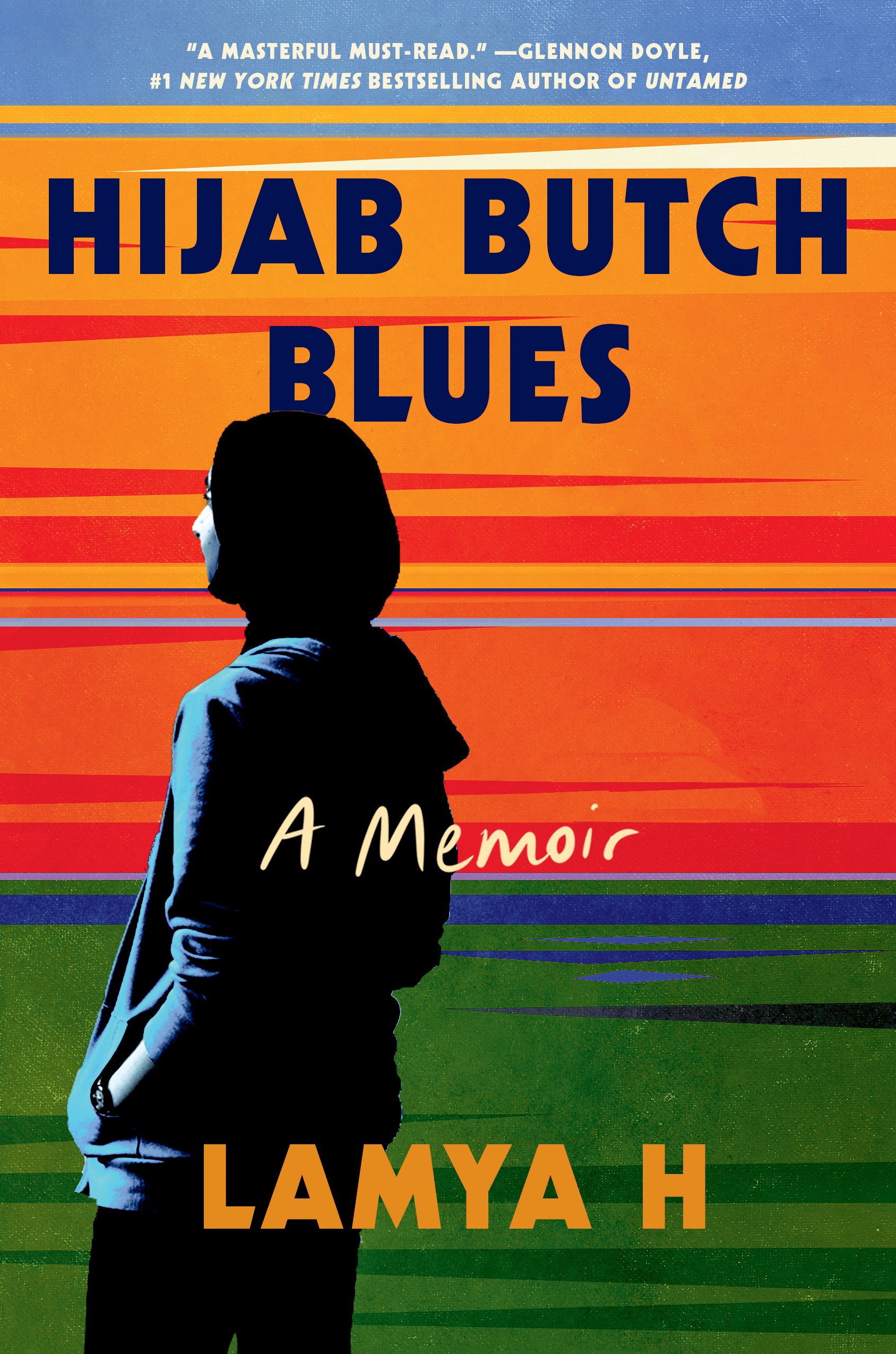
Riffing on the title of the 1991 classic of queer literature Stone Butch Blues, by our honoured ancestor Leslie Feinberg, Hijab Butch Blues by Lamya H is a memoir of a Muslim queer experience that is by turns joyful and harrowing. Lamya, writing with the security of anonymity she needs in order to remain safe and connected with her family and culture, spares nothing in detailing her coming of age as a queer Muslim—a story that has historically been more often murmured than broadcast. The confidential nature of the book, however, frees Lamya to tell her story, set firmly within the cultural and religious context of Islam, in a way that is profoundly generous and full of perfectly observed moments, undercurrents of burgeoning queerness that surface and flow into the next. The subject matter is so interesting and, to many readers, unusual, that even fairly uninspired prose would have made this a more-than-interesting-enough book. But Lamya is a skillful writer, with a robust grace in her sentences that I imagine matches the way she moves through the world—strong and thoughtful, centring that which she finds most important and cutting through the chaff to harvest the details that matter to the heart.
More Sure by A. Light Zachary
Billed as a volume of “poems and interruptions,” More Sure by A. Light Zachary records a different kind of a memoir—one that zooms in on the meanings of actions and interactions, sentences and ideas, that have shaped or changed or moved Zachary as they have moved through and alongside the world. The metaphors of the work do the thing that poetry does best: they show the connections and interactions between things we might never have understood were related without the work a poet does to illuminate them. Even among the major queer poets of our age like Saeed Jones, Andrea Gibson, Ocean Vuong, Danez Smith, Larissa Lai, Daniel Sarah Karasik and Trish Salah, Zachary holds their own, dialling into the places where common language fails us and only poetry can correct the injustices of language that we suffer without a vocabulary for our experiences.
Mimosa, Archie Bongiovanni
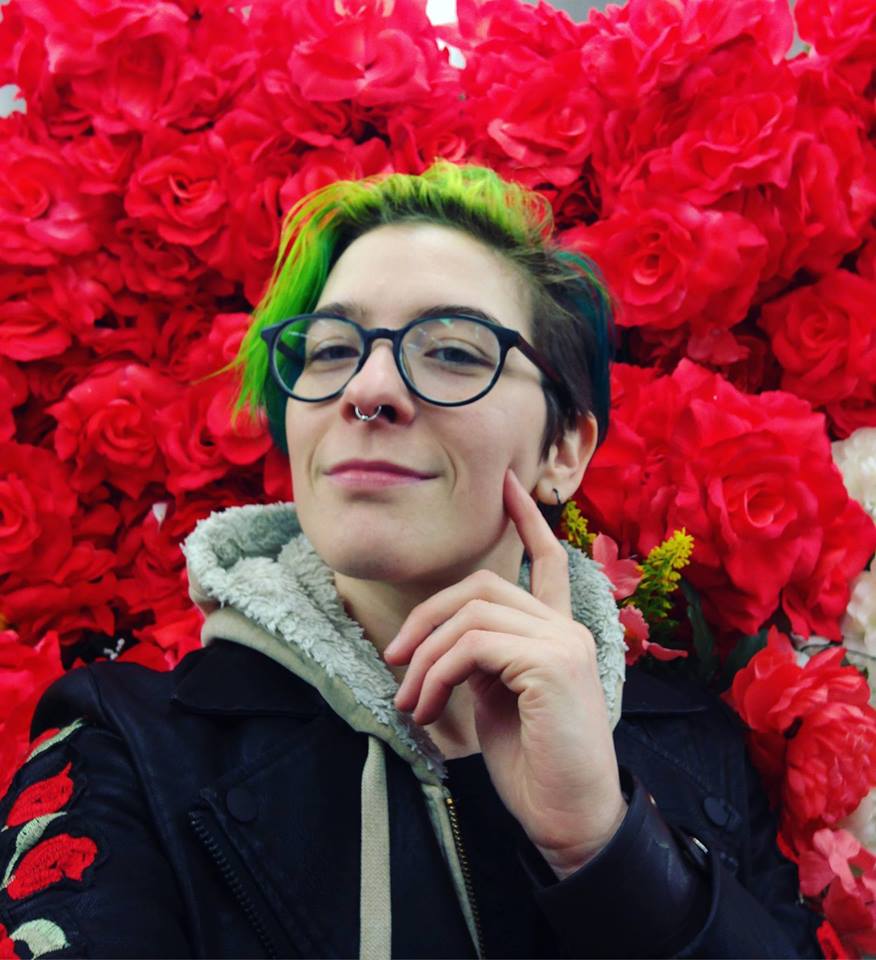
Archie Bongiovanni is well known for their online comic Grease Bats, as well as their incredibly useful A Quick and Easy Guide To They/Them Pronouns. With Mimosa, they bring us further into their ongoing themes of queer intimacy, chosen family, sexual liberation and making the best bad choices a person can make in the search for connection and community. Mimosa is fun, fast and thoughtful with an optimism that bubbles to the fore and an almost alarmingly well-observed ear for dialogue that sounds just like the things your variegated squad of loved and loving queer fam would say in similar moments. I really value Bongiovanni also for making a book that does very little to explain itself for the heterosexual or cisgender reader—there are no awkward pauses for a didactic moment; the reader is assumed to either be queer or trans themselves or smart enough to operate Google if they’re not sure what something means. Bongiovanni cleverly weaves in the too-familiar themes of complexity in LGBTQ2S+ community-building as well. What does it mean to navigate being in community with people you can’t stand, don’t trust and are professionally responsible for? The book also highlights other ways in which the small-world experience of some spaces and locations means that living in one’s full truth takes a lot of courage and patience.
The Story of Us by Catherine Hernandez
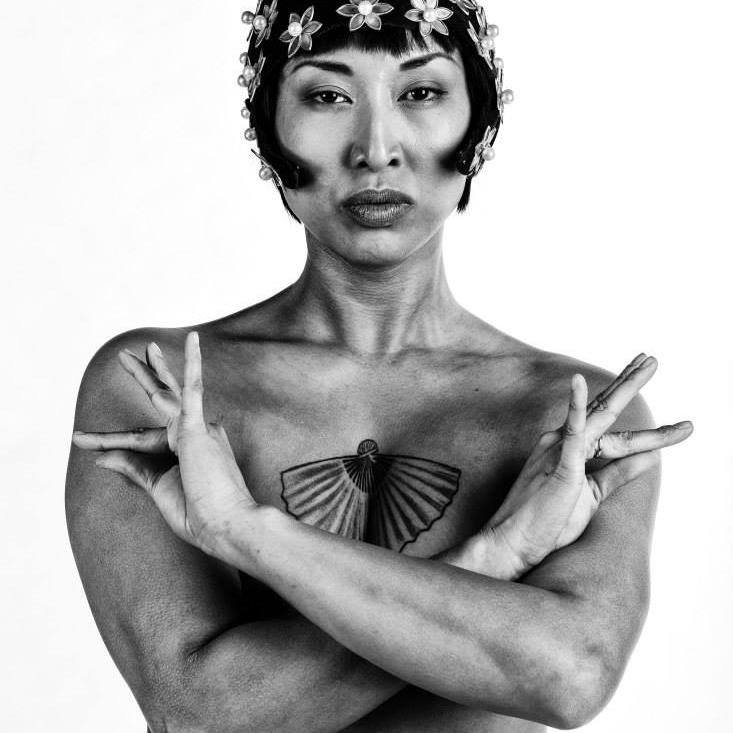
Catherine Hernandez, author of the award-winning and brilliant novel Scarborough, brings us a new tale of people trying so very hard to connect and do well in the most challenging circumstances. As with Scarborough, Hernandez brings us inside a world she understands well, that of Filipinas who have travelled overseas to Canada to work in “the caring professions” in the hope of someday being able to bring immediate family to join them after two years. It’s a precarious situation ripe for exploitation of workers, including main character Mary Grace, who exits a terrible situation and takes a job caring for a queer elder with a rich and powerful past as an activist, and Alzheimer’s, which requires her to be minded and managed. Hernandez does one of the things she does best in her other novels again with The Story of Us: she shows us people making the choice to connect and doing the work to make it happen, even when those connections feel difficult, dangerous or fraught. And she does it with a tenderness that allows us to love her characters and invest in them even when they are not living up to their best selves. Also, while I rarely enjoy audiobooks, Hernandez narrates the audio version of her work, and I found it added something I struggle to describe—a clarity, an urgency, a sense of shading and nuance that only a true storyteller can bring to a tale, something flat words on a page don’t always give.
Ander & Santi Were Here by Jonny Garza Villa
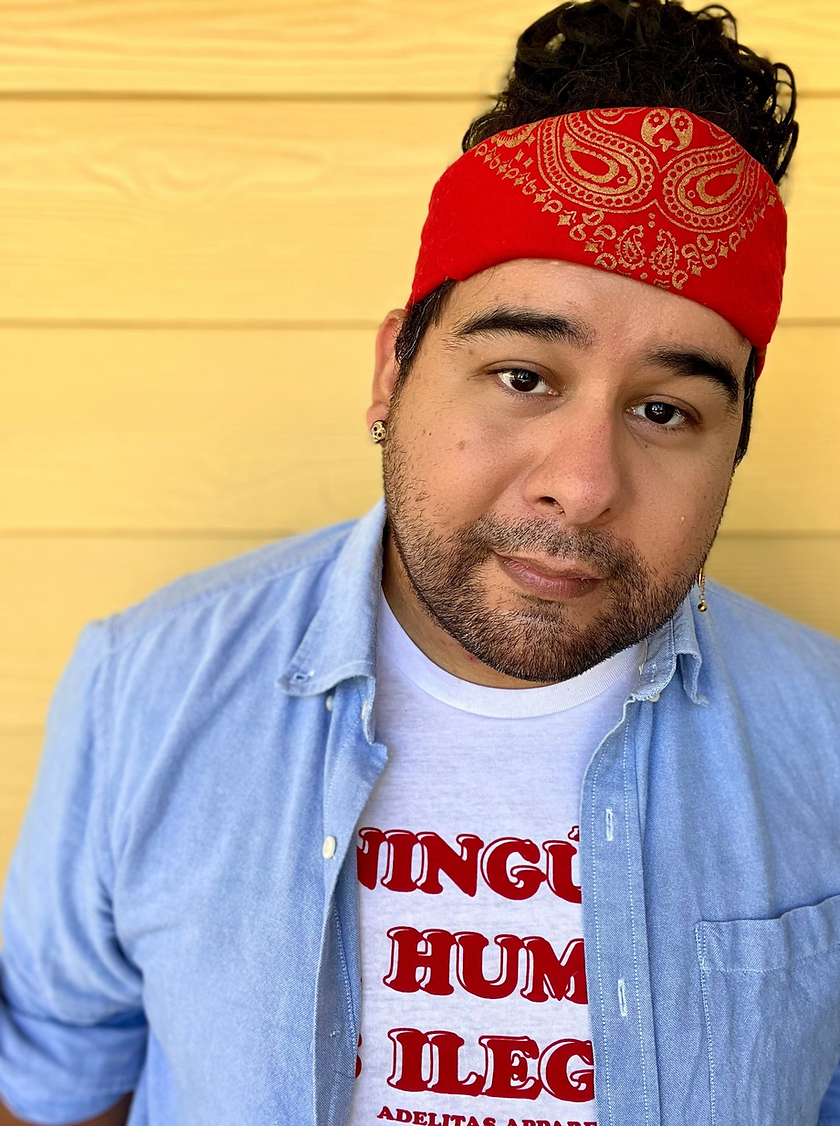
If you remember falling heedlessly in love, if you have ever been caught in the sweet, deep throes of die-without-benefit-of-your-touch lust, you will find every note of your heart struck by Ander & Santi Were Here by Jonny Garza Villa as I did mine. The book is modern, queer, immediate and political in the way that mostly only teenagers still feel the freedom to be. Garza Villa invites us to inhabit that world fully, following the incandescent love story of Ander, the son of loving parents who respect his talent and want him to succeed as an artist and Santi, the new waiter at the restaurant that Ander’s family owns, and the choices each of them make in love. As with Bongiovanni, Garza Villa respects his audience too much to pander to them and so cultural references, Spanish and Texas touchpoints are presented in the Daniel José Older style, without signposting. But don’t worry, if you need to catch up you’ll catch up—and you’ll want to, in order to drink up every detail of this tremendous, beautifully paced story.
And that, dearest delicious morsels, is a to-be-read pile to cover all your reading moods and to satisfy your literary desires as the sap rises and the juices flow and we begin to feel spring rousing her intoxicating enchantments. May you stay up too late for one more chapter, may you miss your stop lost in the great sweep of story; may you press your book to your heart and dream of the moments when you, too, were lost to everything but the very few people who made you feel the very most of yourself. As always, if you’re making something new and queer, email me or drop me a DM—I love to hear your news.
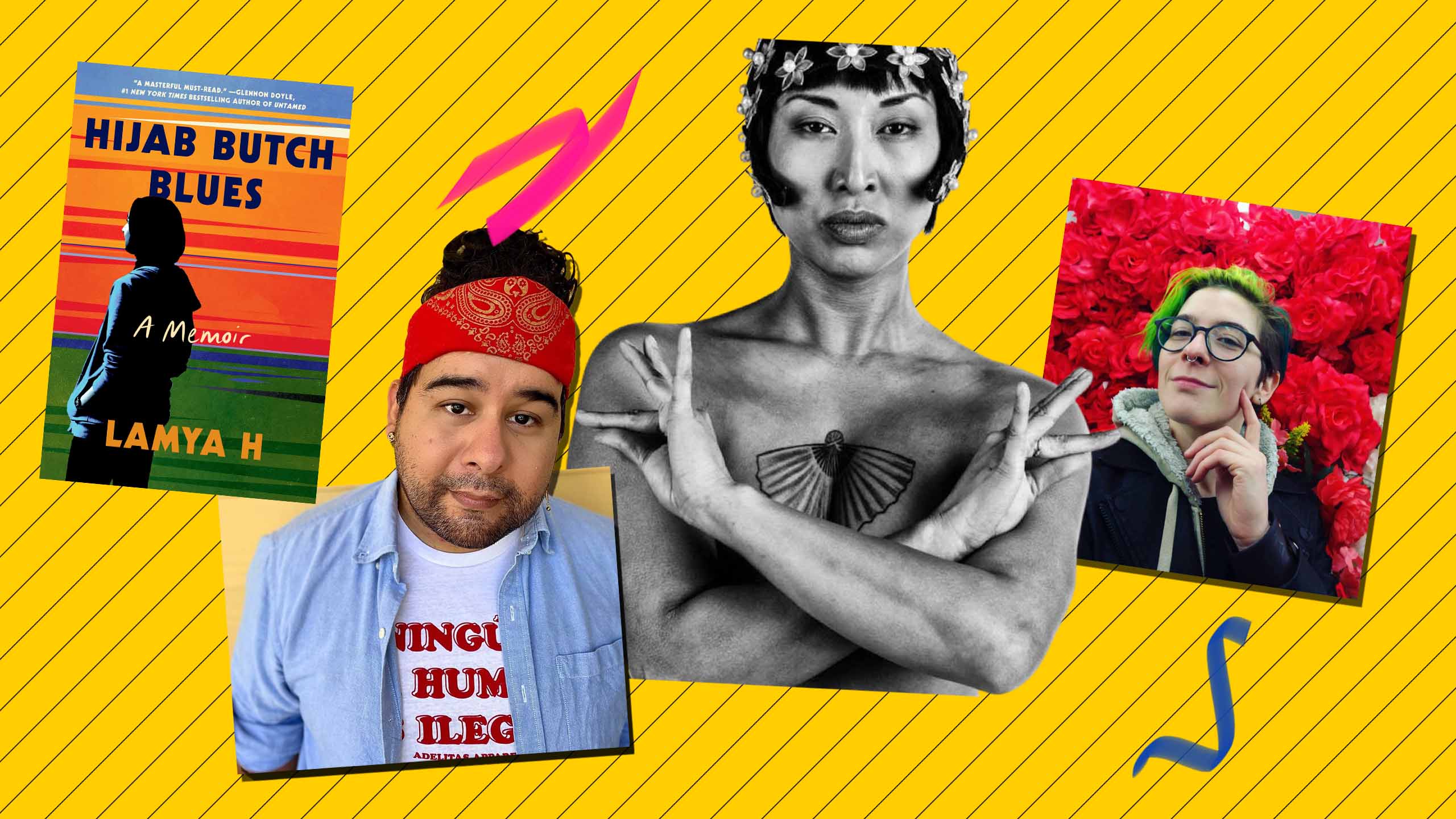

 Why you can trust Xtra
Why you can trust Xtra


